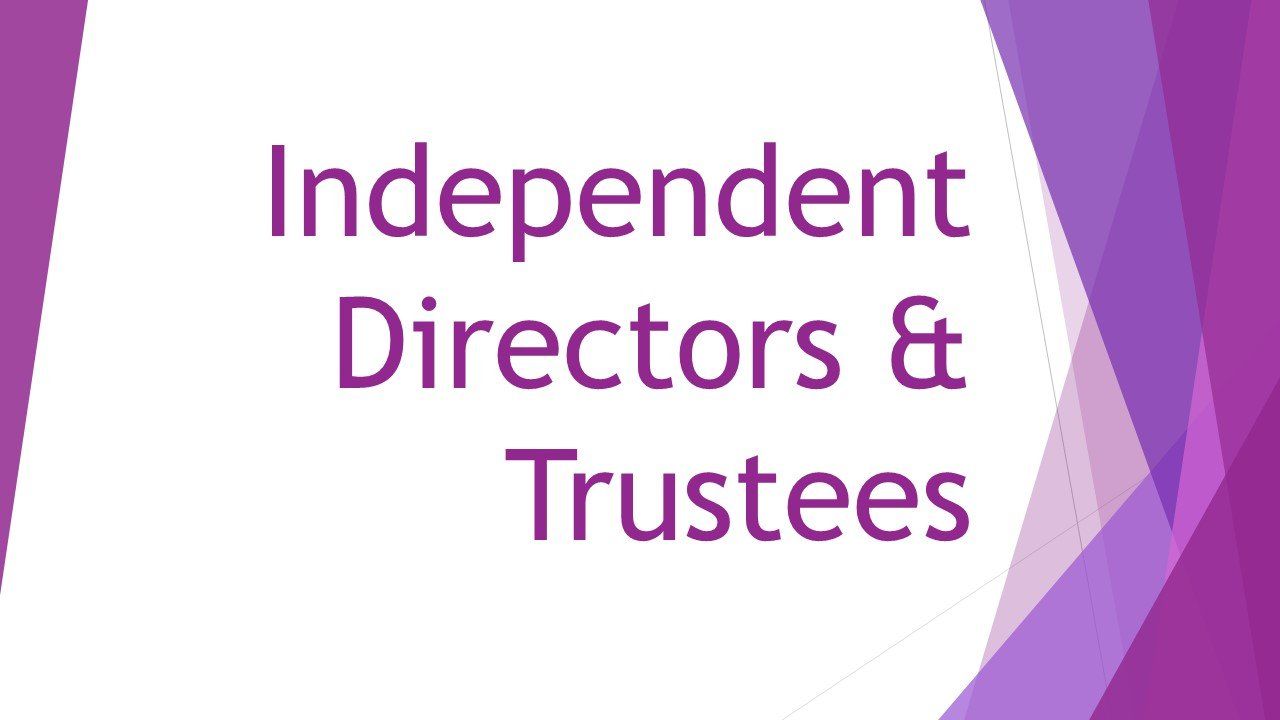Principles of Good Employee Ownership
Relevant to all organisations, these principles have a particular resonance for those that are employee owned.

Employee ownership, through the legal construct of an employee ownership trust (“EOT”), creates an organisation that should deliver greater benefit for all stakeholders, particularly employees as beneficiaries of the trust.
However, how is this benefit defined and what are the core ‘Principles of Good EO’?
The principles must incorporate the breadth of the organisation, without which there are no shares to own and no roles for employees to fulfill. Taking this as the foundation, the core principles of a good organisation must then be expanded to include the opportunities created by having employee beneficiaries engaged and participating in the business in a way that is often not evident in non-EO companies.
When incorporated into the day-to-day operational activities of an organisation, these principles can deliver greater opportunities for a successful business. One element of this success, financial profit, enables an organisation to have choices about how this profit can be distributed – to employees, as reinvestment, to support wider causes, issues, activities and initiatives aligned to company purpose and the expectations of its shareholders, the employees as beneficiaries.
Those wishing to map their organisation against principles of good EO should consider the following 3 principles, the subsets of these principles in action and their interactions:
1. Inspirational Leadership
2. Collective Mindset
3. Forward Vision
Interconnected by Structured Collaboration
Inspirational Leadership
The company should have a leadership team that is inspirational, communicative and transparent.
The company should be headed by an effective board which is collectively responsible for the future direction and long-term success of, and continuous innovation within, the company.
The board should consist of the correct balance of skills and experience to allow effective operation. A clear division of responsibilities should be in place to ensure that one individual, or a former founder, does not have excessive power over decision making.
The board should actively seek employee insights to inform their decision making and leadership.
There should be transparent communication of business critical data and information.
Collective Mindset
Every company should have a clear set of values, understood and evidenced by all employees, that underpin the organisation and align to all aspects of the company and its behaviours.
All employees should display an owner’s mindset, delivering within their role as an owner, whilst working collegiately and supportively for collective benefit.
Engaged participation and opportunities for individuals to contribute to business success should be evidenced, encouraged, maintained, and utilised.
Every employee should understand their personal contribution to the success of the business, and where this aligns to that of the wider organisation and their colleagues.
Forward Vision
A clear future direction for the business should be in evidence and communicated to all.
All employees should understand the forward vision, where and how they contribute, and the progress being made against forward looking objectives.
All employees should have a formal opportunity to contribute to, and participate in, the forward vision of the company and its related activities.
Succession plans should be in place for significant roles, and opportunities for personal development should be available across the company.
Structured Collaboration
There should be a clear and documented governance structure that adds value and company benefit. It should differentiate the roles, responsibilities, deliverables, and authorities of the various forums in evidence across the company.
There should be clarity of where, when, and how:
- The board as leaders;
- The trustees as shareholders (representing the beneficiaries); and
- The employees in their contracted role;
can contribute to the success of the business.
Clear and effective communication, interaction and collaboration between, and delivery by, these 3 groups should be in evidence within the company.
The governance structure should be reviewed for its continued effectiveness and positive business contribution on a regular basis.
These Principles have been collated through the extensive work IDT undertakes with their EO clients, as well as the feedback collated through the Governance Survey IDT undertook with the Employee Ownership Association and Ownership@Work, and the wider work of our independent trustees with EO and non-EO companies.

